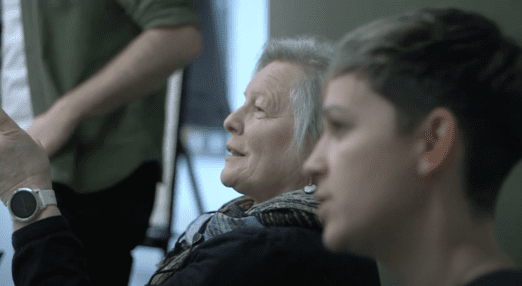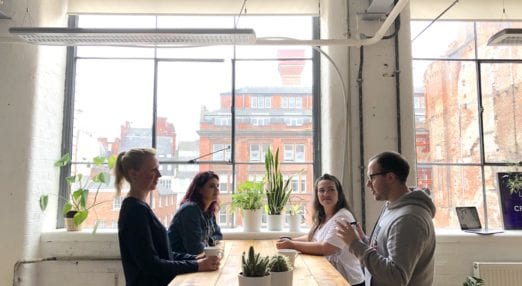How can digital help Mind support their vast network of mental health charities amidst the Covid crisis?
Two weeks of focus. One big challenge. The team here at Reason and Superhighways recently joined forces as Collaborators of Catalyst. The goal of this collaboration was to support national mental health charity, Mind, with a hefty organisational challenge, using digital to do so.
Lucy Bushby, the Project Lead from our team, explains the approach, the outcomes and how two weeks of questions, ideas and speedy testing changed the way Mind is working locally and nationally.
Like many charities, the COVID-19 outbreak triggered a massive programme of change for mental health charity, Mind. Introduced and funded through the Catalyst network, we teamed up with Mind to deliver a two week project that addressed a specific COVID challenge. But first, we learnt of the depth and complexity that makes up this amazing charity.
Mind are built on a federated structure with both a national charity and around 125 local Minds (all independent charities) across the country, supporting nearly 400,000 people. During the pandemic, each of these local Mind charities have had to find ways to continue to deliver their services whilst also keeping their staff safe.

During a time when our mental health is suffering more than ever, this is no mean feat.
With a global crisis looming, Mind needed to act fast and embrace change to ensure people could access the mental health support they so desperately need. Our challenge was to help the national charity to support the local organisations to adapt to new digital tools and practices.
With 125 local Minds of different sizes, all delivering different services, using different technology and processes – two weeks of intense discovery, testing and learning to find a solution was one hell of a challenge. Together we knew we could give it a good go.
Our approach
Two weeks is not long to complete a project, but the tight deadline helped us to focus and ensure our time was spent wisely.
We took a discovery-led approach, which means starting by investigating and understanding the problem in as much depth as possible, getting right to the centre of it. Using this type of approach means that you don’t know exactly what you’ll be building at the end of the project as you are driven entirely by the information you uncover.
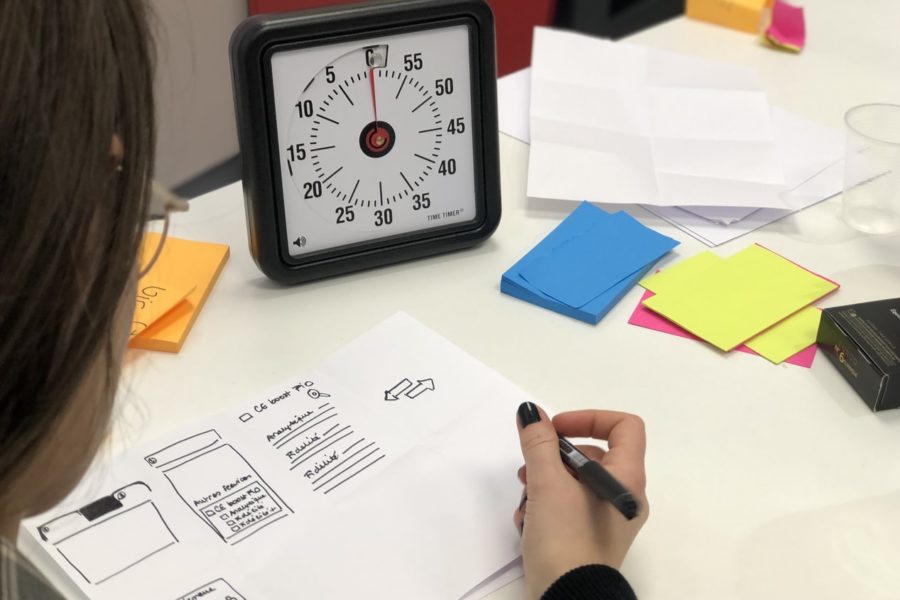
Discovery was condensed into a day, allowing three days for us to then build any solutions which were identified and a week for user testing. Given the pressure that local Minds are facing at present, we wanted to give them as long as possible to try the solutions out within their teams to get the most valuable feedback.
Our two-week plan looked something like this.

Discovery in a day
We felt the best place to start was to increase our understanding of how the local Minds function and the experiences of the staff who work there. By looking at the problem from their perspective and considering what life looks like for them right now, we were able to identify what was needed from national Mind to best support efforts in local areas.
To do this we detailed all the different roles within local Minds and then selected five of them to look into in more detail – making sure that we had a good mix of roles so that our sample was representative of the wider group.
For these five roles we created a persona – a made-up character which has common characteristics of someone within that role. We crafted a story for this character and considered what’s going on in their life at the moment, both at work and at home. Crucially, we also identified their greatest wants, needs and challenges.
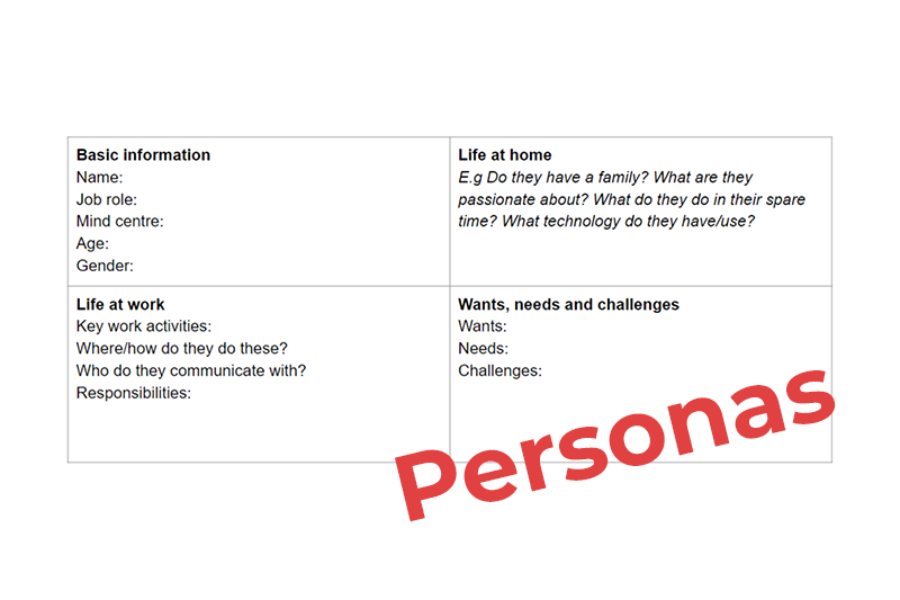
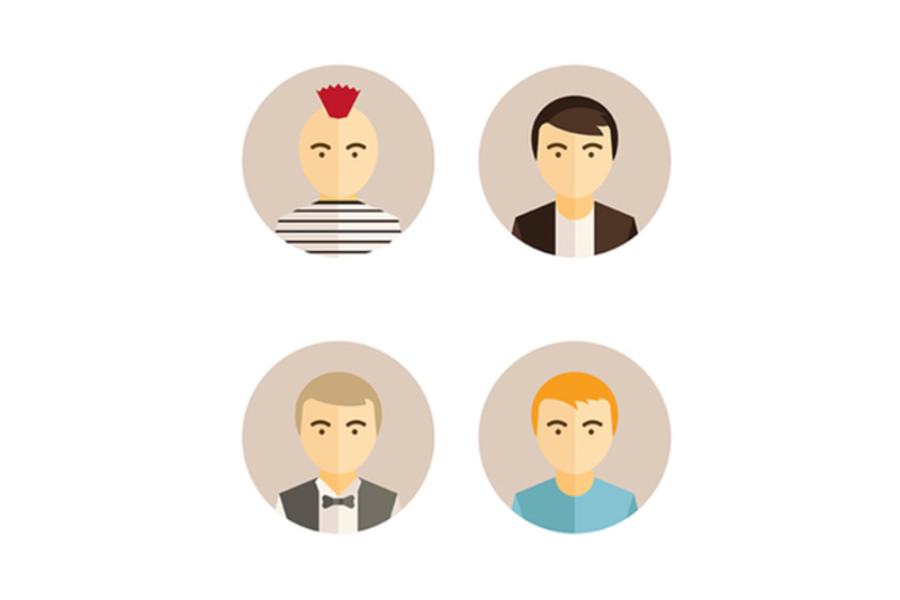
Through looking at the wants, needs and challenges we were able to pick out the most common and significant problems for local Minds and then conducted some exercises to find solutions to these. To think outside the box here, we used crazy-8s where participants have to draw 8 different solutions so a problem within a short space of time.
We were then able to prioritise which solutions would make the biggest impact and assess which we could feasibly create within our timeframe.
We settled on two solutions:
- A tech support sheet for end users
- A guide to scheduling software for staff
These may not sound like the most exciting, or innovative solutions. But flashy tech was not the aim of this project. The aim is to overcome a problem which would allow for improved ways of working, across hundreds of local Minds, helping their teams to better support those in need during a global crisis. That feels exciting to us.

What problems do they solve?
1. A tech support sheet for end user
Many services that Mind provides, which had been delivered face-to-face, were now being delivered using digital tools such as Zoom, Skype and WhatsApp. Staff had been given resources to support them to use the software, but many individuals using the service were struggling, leaving some people unable to access the service at all. As a result, staff were having to spend additional time supporting users with technical difficulties, eating away at vital time within their session.
2. A guide to scheduling software
Not all Mind services can be delivered remotely. Some services, for example Crisis Cafes where anyone in crisis can go for urgent support, rely on having a physical space. These services are supporting some of the most high-need individuals and must continue for their wellbeing and safety.
Coronavirus makes this twice as challenging. Social distancing measures have to be applied to services and more team members are unable to work because they are self-isolating.These factors make staff scheduling an administrative nightmare. Shift patterns become more complex, and paper rotas can no longer be used. Without an efficient system in place, managers have to spend much more time on this crucial, but mundane task – time which, at the moment, they simply don’t have to spare.
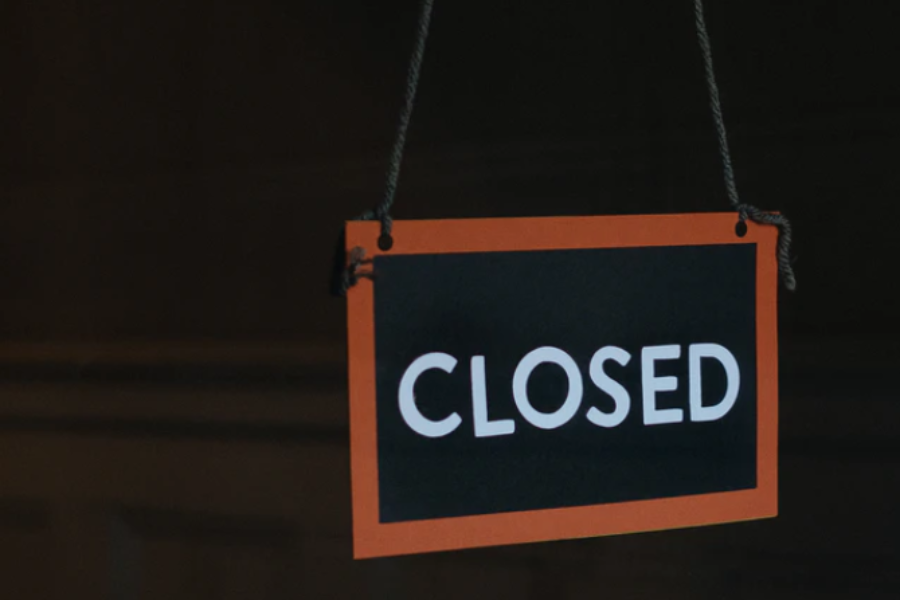
The solutions
With the help of our partner for this project, Superhighways, we created a set of resources to support Mind staff in these two areas.
With local Minds all using different technology, we chose to focus on the most commonly used for the guides. We also made all of these free to download, so they can be used by other charities that may be having similar problems:

What were the results?
In all honesty we weren’t sure what to expect when we shared our solutions. We knew how busy Mind staff were, so we were concerned that a week may not be enough time for them to properly test these initiatives but the local Minds clearly understood the potential impact and they got straight to it. We heard from one local Mind that they were working with a lady who really struggled with using Zoom and had only been able to access it after reading one of the documents we’d created.
This was a person in need of mental health support, but who had been deprived of this since lockdown began. As a result of these simple tools, she was finally receiving counselling online.
We had the loveliest response from Lel Proctor, Service Design & Development Manager at Mind.
I’m in awe, not just meeting a super tight project deadline, but all your creativity, energy, patience and understanding.
Getting us right as a network is no mean feat. Helping us to develop resources with clarity and focus to connect with our service beneficiaries is just amazing.
Feedback
We were lucky to work with such dedicated teams as these local Minds. Staff were incredibly generous with their time and offered us some valuable feedback on the resources we’d made.
One suggested improvement was to create a version of the tech support sheet in an alternative format which was more accessible for people who are overwhelmed by long documents. So, taking this on board, we created an explainer video to add to the resource pack.
Overall, Mind staff found the resources extremely helpful and appreciated the thought that had been put into making them user-friendly. All the resources have now been distributed across the network and we’re looking forward to seeing what more we could do to support Mind during this challenging time. In addition, we’re hopeful that we can apply this sort of rapid discovery and testing process with other charities in need of support right now.
Reflection
The biggest takeaway from this project for us was that, with the right mentality and proactivity, you can achieve a huge amount in a short space of time. We started this project having no idea what the output would look like, but by trusting in the discovery process, we were able to create something valuable, test it rapidly so that it can be used to genuinely improve people’s wellbeing. This was also a great opportunity to demonstrate this method to the staff at Mind to help them feel more comfortable with a “rapid test and learn” style of working – something which is going to be crucial for all charities adapting to the changes posed by COVID-19.
Keep reading
-

The smell of Parkinson’s: A design sprint
Walking into a group meeting for people with Parkinson's, Joy Milne, a retired nurse, recognised a smell that she had noticed on her husband 12 years prior to his diagnosis. This was the smell of Parkinson's.
Find out more
-

Turn2us
Fighting poverty through empowerment. Giving people the confidence and skills to apply for benefits through a peer to peer support app.
Find out more about turn2us
-

Five charities in the pandemic using tech for good
Too often in the media, charities can be painted as rigid, traditional organisations who don’t always adopt new, innovative practices. Ourselves and many others who work with charities to use technology for good, however, see a different story.
Find out more

